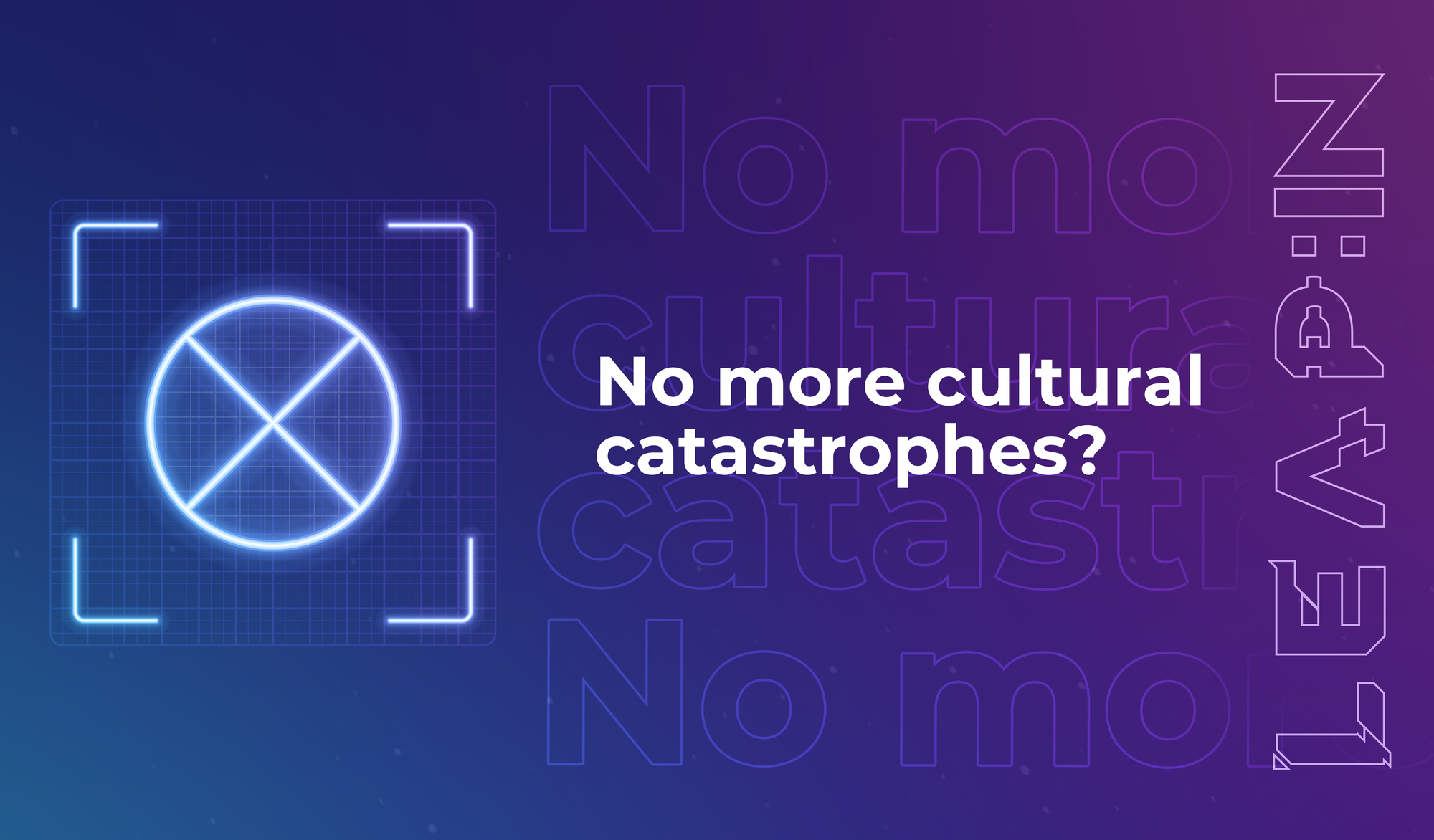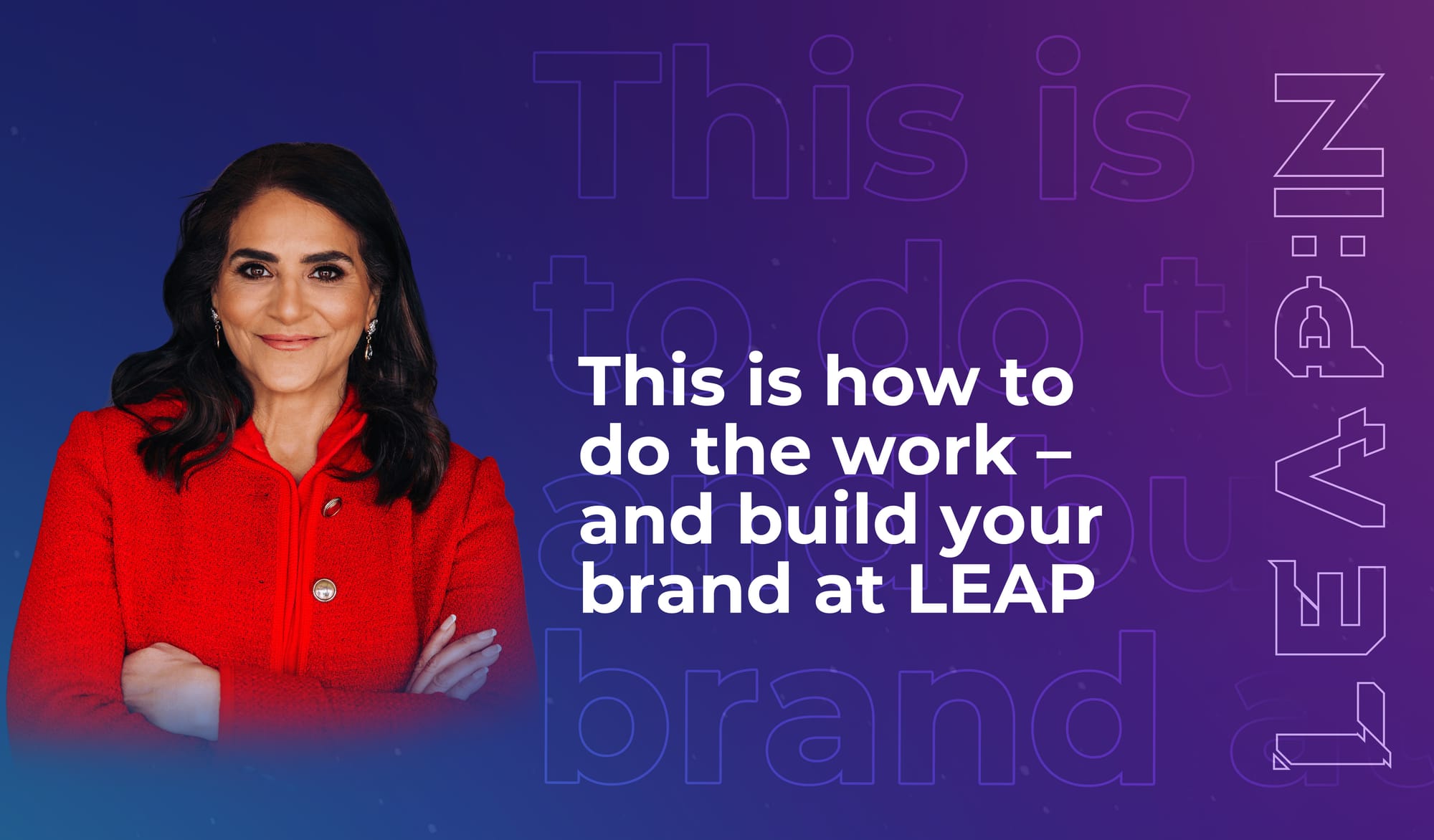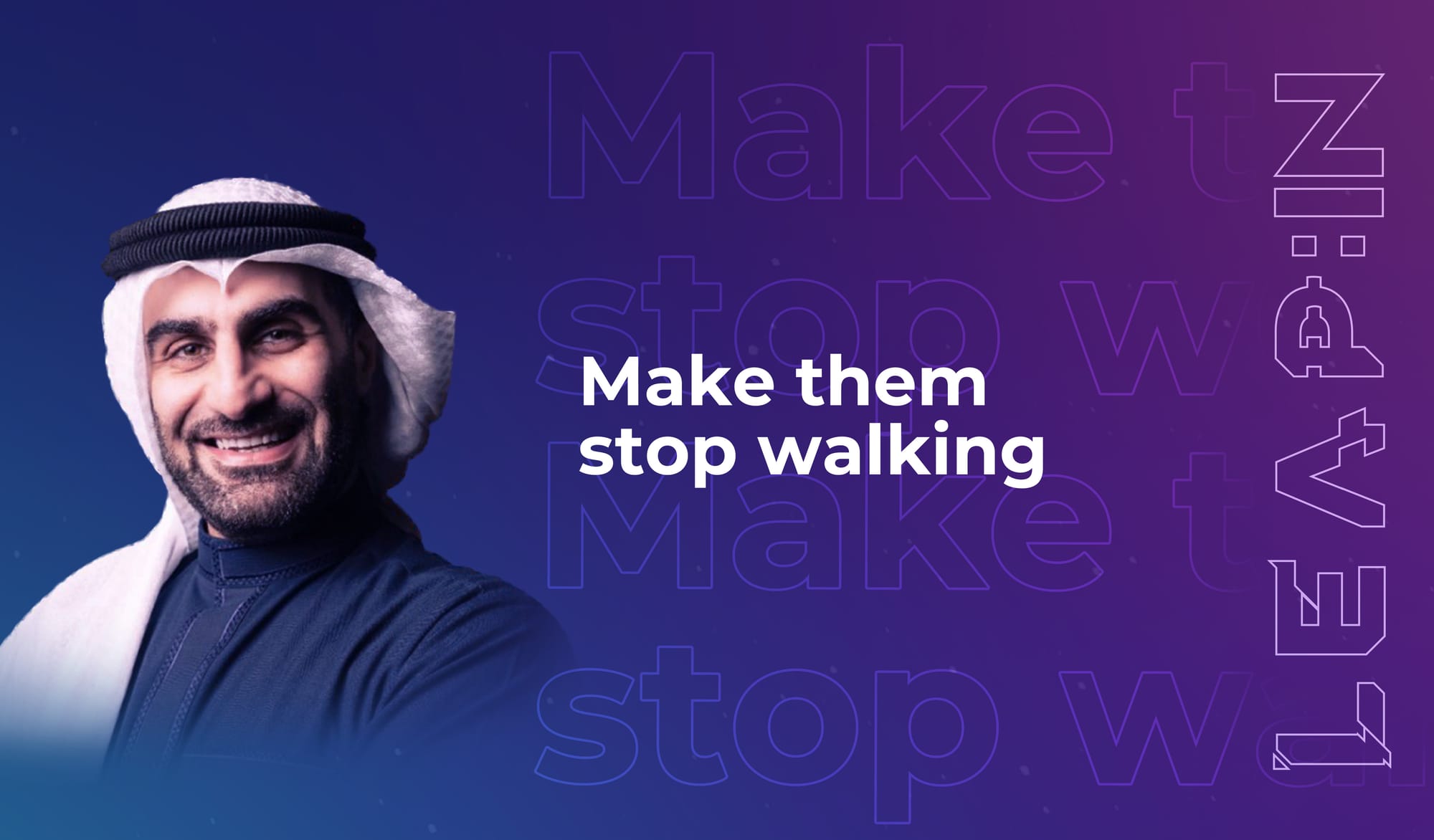

No more cultural catastrophes?

Welcome to the 67 new techies who have joined us. If you haven’t already, subscribe and join our community in receiving weekly tech insights, updates, and interviews with industry experts straight to your inbox.
Discover our weekly delivery of insights and inspiration from the global LEAP community. Expand your mind and shift your perspective.
This week we’re quoting…
Areiel Wolanow (Managing Director at Finserv Experts)
What Wolanow said:
“The advent of large language models means it should be possible to craft software that catches a decent percentage of such cultural catastrophes in the making.”
What cultural catastrophe was he talking about?
We’d asked him to tell us one thing he wished was possible with tech (that isn’t possible yet) and he referenced the famous example of Chevrolet deciding to market its Nova compact car in Latin America using the same name. They didn’t consult any native Spanish speakers – who would have told them that ‘No va’ means ‘doesn’t go’ in Spanish.
“The annals of business history are full of stories about businesses large and small killing themselves with strategy, product, and marketing debacles that could have been prevented if they better understood the cultural implications of their decisions,” Wolanow said.
And he suggested that LLMs could be the solution.
It got us thinking…
How could AI change our experience of cultures different from our own?
Imagine a world in which AI serves as a bridge between cultural experience, and fosters understanding and appreciation across global communities.
The potential of this evolving technology to transform our cultural experiences is vast and potentially profound. Could it change the way we interact, the way we understand different languages and cultural customs, and the way we navigate global markets in business?
Wolanow might be right: AI could prevent cross-cultural marketing disasters in the future. It has the capacity to analyse vast volumes of cultural data and it could use that data to direct culturally relevant brand messaging – to make sure that marketing campaigns resonate.
But what else could it do?
Maybe it could enhance the way we understand different cultures
AI has the potential to deepen our appreciation and understanding of different cultures.
For example, by analysing social media trends, consumer behaviour, and regional preferences in a variety of industries, it can uncover cultural insights that could inform strategies in business – both at an operations and decision-making level, and at a marketing level.
But it’s really important that any use of AI in the realm of cultural understanding takes place with care and caution. One of the key concerns here is data quality; because if an AI model has been trained on flawed data that contains existing prejudices or stereotypes, then it’ll feed those stereotypes back into its outputs.
Any use of AI in the context of cultural understanding must be used with inclusivity and a respect for cultural diversity as a top priority.

There’s a lot of speculation about how AI could break down language barriers
Language barriers can be annoying. They’ve been an ever-present barrier to cross-cultural communication. AI-powered translation tools have already helped to ease the flow of communication between cultures – with real-time, context-aware translations that can enable smoother interactions between people who don’t share a language.
This capacity for real-time translation has begun to come into its own in the customer services sector, where AI chatbots can now provide real-time customer support in multiple languages – giving consumers assistance in their own native language.
But so far, AI translation tools haven’t been able to capture the full depth and nuance required for more complex translation tasks. For the translation of books, for example, we still need a human translator to capture the meaning and emotion of prose.
AI may never fully eliminate language barriers, but it’s worth thinking about whether we’d really want it to do that anyway. Because as well as communication alone, the act of learning and speaking in a new language creates psychological and neurological shifts that are worth engaging with; when you learn a language, you learn to see the world around you through the lens of that language.
Is it possible that AI could, in some way, spark the same kind of cognitive shift? (We don’t know – we’d love to know what you think).
The integration of AI into cultural experience won’t be completely smooth
The possibilities that AI holds are exciting. Maybe it could help people from different places and backgrounds understand each other better.
But the reality is that the integration of AI into the way we experience cultures won’t be smooth; or at least, not at every step along the way. As we embrace technological advancements and adopt new tools and use cases, we have to strive for a balance that respects and celebrates cultural diversity.
We need AI to help that happen – and never to prioritise one culture over another, or attempt to homogenise global interactions.
Part of the wonder of being human is the diversity of culture and perspective that exists around the world; both between regions and communities, and even within regions and communities.
By staying focused on the ethical implications of AI going mainstream, we can work to harness this technology’s potential to enrich our collective human experience and avoid the kinds of cultural misunderstandings that cause damage – without compromising the power of diversity that defines us.
Have an idea for a topic you'd like us to cover? We're eager to hear it. Drop us a message and share your thoughts.
Catch you next week,
The LEAP Team





